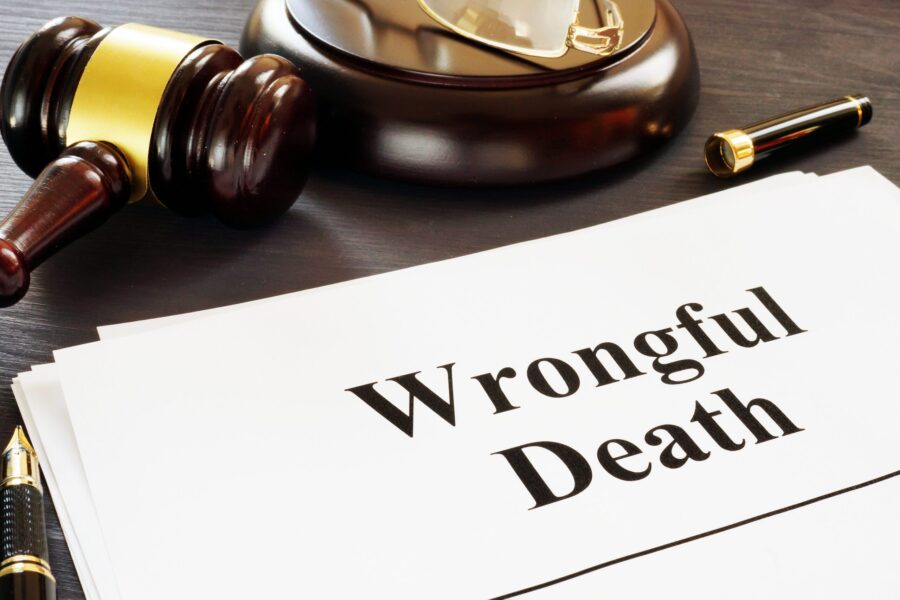

Choosing the Right Personal Representative: A Critical Decision in Estate Planning
Estate planning is a task often procrastinated upon. It involves contemplating your legacy, distributing your assets, and making preparations for the welfare of your loved ones. At the heart of any well-structured estate plan lies the personal representative, otherwise known as an executor, the person entrusted with carrying out your final wishes. Choosing the right personal representative is more than filling a name in a blank; it’s a decision that can resonate through time, affecting the integrity of your estate and the peace of mind you leave behind. Here, we’re to explore the critical nuances of selecting an personal representative and how it transcends the pages of your will.
A Personal representative’s Duty: More Than Meets the Eye
To begin, what does a personal representative do? A personal representative is a person or institution appointed to administer the estate of the deceased person fairly and per the terms stated in their will. It sounds deceptively simple, but the role encompasses a myriad of tasks requiring significant time, effort, and often, emotional resilience. From managing the estate’s liquidity to overseeing property and assets distribution, the personal representative’s responsibilities are complex and legally bound. They serve as a fiduciary, bound by duty to act solely in the interest of the estate and its beneficiaries.
When considering who could fulfill this vital role, we must first look at the qualifications a personal representative must possess. Legally, the requirements are modest—any competent individual over 18 years of age can serve as a personal representative, and they need not have any legal or financial expertise. However, the practical demands often necessitate a person of fortitude, integrity, and the willingness to be closely involved with your family during a sensitive time.
Who’s Up To The Task?
Selecting the right person to be your personal representative begins with assessing their ability to perform the necessary duties. Financial responsibility is key. Dealing with creditors, settling debts, and filing taxes are among the personal representative’s early obligations. Therefore, the chosen individual should be adept at financial management and have a thorough understanding of your financial affairs.
Availability is equally important. The personal representative must be prepared to allocate a significant portion of their time to the role, particularly in the estate’s early stages. This can be problematic if you select someone with a full-time job or an otherwise busy schedule. Communication and organization skills are non-negotiable. The personal representative will coordinate with multiple parties, compile records, and ensure that no aspect of the estate administration is overlooked or delayed.
Trust and Family Dynamics
Family dynamics can complicate the selection process. A personal representative is ideally someone trusted by all beneficiaries. Selecting an immediate family member is common, but it’s not without potential conflicts. Siblings may not see eye to eye, and adult children may already be coping with their grief and shouldering their responsibilities. Naming a neutral third party or a professional can alleviate these tensions and provide an impartial approach.
If choosing a family member still remains your preference, consider their age and proximity. A younger family member may seem fitting if longevity is a concern, but ensure they have the necessary support and guidance. Proximity can significantly impact their ability to access local resources or make timely appearances in court if required.
The Legal and Professional Perspective
This is the juncture where the expertise of an estate planning attorney becomes invaluable. Consulting an attorney during the personal representative selection process ensures that your choice aligns with the legal requirements and is well-informed. Attorneys like those at Mihelich & Kavanaugh, PLC, in St. Clair Shores, Michigan, can offer guidance in not only selecting a personal representative but also drafting your estate plan to encompass the personal representative’s role seamlessly.
Remember, your estate plan is a living document. Life changes, financial situations evolve, and the people in your life may change as well. Regularly revisit and update your plan to reflect these adjustments. What was an optimal choice several years ago may not hold true now. This ensures your personal representative is always the most appropriate person at the time.
In Conclusion
The importance of the personal representative in your estate planning cannot be overstated. It’s a decision that merits careful consideration, involving a blend of legal, financial, and personal factors. Your personal representative should be ready to uphold the honor and the enormity of their role. They will be your last guardian, ensuring that your legacy is preserved just as you intended. Make the decision with diligence and foresight and accompany it with the expert advice of an estate planning attorney.
Choosing a personal representative shouldn’t be a daunting task but rather an opportunity to solidify the legacy you wish to leave. Our team at Mihelich & Kavanaugh, PLC, is ready to guide you through every step of your estate planning. Your peace of mind is our priority. Reach out to start this imperative conversation and lay the foundation for a secure and harmonious future for your loved ones. After all, the decisions we make today echo in the lives of those we leave behind tomorrow.






